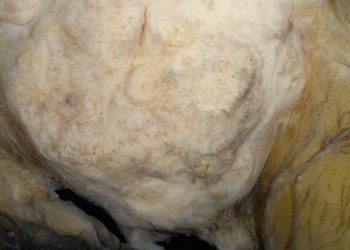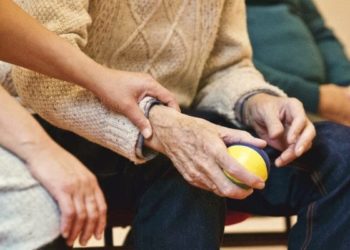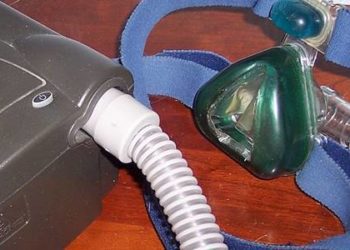Autologous chondrocyte implantation can restore normal knee function in younger patients with full-thickness cartilage lesions
Image: PD
Key study points:
- Autologous chondrocyte implantation (ACI) to treat full-thickness cartilage lesions in younger patients lead to significant improvement in functional outcomes, pain and return to normal knee function.
- Younger patients with smaller (<4 cm) lesions and shorter period of symptoms had superior clinical outcomes.
Primer: Articular cartilage lesions of the knee pose a significant injury in patients, particularly the young population. These lesions have very poor intrinsic repair capacity and often times fail to heal. This is due to the avascular nature of hyaline cartilage and its lack of chondrocyte progenitor cells.
Young, athletic patients demand much more strength, range of motion and coordination in the knee in order to perform their daily activities. Surgery is required to prevent further damage and development severe arthritis. Autologous chondrocyte implantation is a restorative technique that attempts to repair the cartilage using grafts (commonly from the lateral femoral condoyle) to restore function of the knee. Previous studies have shown poor results in the actual re-growth of hyaline and filling of the lesions, as well as varying functional success rates. This study aims to provide long-term physiological and functional outcomes of the ACI population.
Background reading:
1. Autologous chondrocyte transplantation. Biomechanics and long-term durability (AJSM)
2. Basic Science and Surgical Treatment Options for Articular Cartilage Injuries of the Knee (JOSPT)
This [retrospective] study: Twenty-three consecutive patients (16 to 48 years) underwent autologous chondrocyte implantation for full-thick cartilage lesions in the knee. After pre-operative (T0) data, mean follow up time was taken at one year and ten years to track outcome measures of knee function including: Lysholm score [LS], Tegner activity score [TAS]. International Knee Documentation Committee score [IKDC], SF-36 survey and numeric pain sale.
All outcomes showed significant improvement from surgery to one year and from one year to ten years, except for a decrease in LS score between one and ten years. At ten year follow-up, the numeric pain rating scale improved with a decrease in pain from 4.0 (T0) to 2.8 (ten years). SF-36 improved from 56 to 69. IKDC score improved from 40.9 to 69.1. TAS also improved from 3.0 to 4.6 . Using the IKDC, 82.6% of patients were able to achieve normal knee function compared to 0.0% pre-operatively. 73.1% of patients reported they would under the ACI again.
Subgroup analysis determined positive prognostic factors that included younger patients, those with smaller lesion size (<4cm2) and those who experienced a shorter duration of symptoms. Finally, it is important to note there were 2 treatment failures (8.7%) requiring total knee replacement and graft removal.
In sum: The authors provided novel research that ACI in younger patients can lead to successful outcome and return to normal knee function. Furthermore, the study provided MRI results that detected successful filling of the defect lesion sites in greater than 50% of patients. This is an important step in proving the physiological changes and re-growth of cartilage in the knee are matching the improvement seen in subjective measures and functional outcome scales. The long-term follow up also indicates lasting benefits.
Recent years have shown a trend of increasing ACI surgeries. Candidates are mostly of the younger, athletic population. The authors fail to track long-term status of these patients. It would be interesting to see how many patients returned to not only to their prior level of function, but also returned to sport.
Click to read the study in ARTHROSCOPY
By [RZ] and [AH]
© 2012 2minutemedicine.com. All rights reserved. No works may be reproduced without written consent from 2minutemedicine.com. DISCLAIMER: Posts are not medical advice and are not intended as such. Please see a healthcare professional if you seek medical advice.






